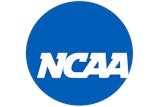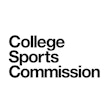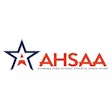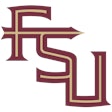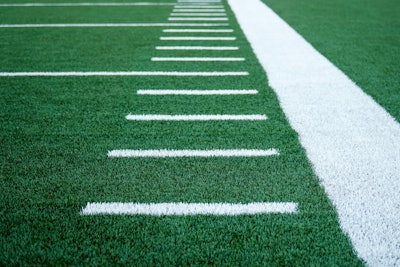
Officials in North Carolina have agreed to end high school student-athletes' ability to profit off their name, image and likeness.
According to WJZY, North Carolina's State Board of Education made the decision this week to end high school NIL deals just over year after the policy went into place.
Blake Thompson, of Teammate Basketball, said the introduction of NIL in high school sports changed how the public views youth athletics.
“Now you’ve got these very curated, very carefully managed social media pages, particularly on Instagram for the young players,” he explained. “We see this regularly. We’ve got 12-year-old athletes that have 15- to 20,000 followers on social media and are doing individual workouts on their social media platforms or putting their game clips up. They’ve got to be talented to get that attention and maintain that attention.”
The education board put a halt to the 2023 NIL policy from the NCHSAA. The new statewide amateurism policy now bans NIL, adding North Carolina to a short list states that don't allow the practice.
Athletes at public schools will not be allowed to profit off their name, image, and likeness through:
- Public appearances or commercials
- Autograph signings
- Athletic camps and clinics
- Sale of non-fungible tokens (NFTs)
- Product or service endorsements
- Promotional activities, including in-person events and social media advertisements
And they can’t accept gifts worth more than $250.
Thompson says the state's decision could have a trickle-down effect.
“At the end of the day, kids are going to seek opportunities. If the market says that they’re worth x amount of dollars, but they’re not able to capitalize that in a given state, then it would make sense that they would find a place that would allow them to do that,” Thompson said. “So you could look at playing for a different travel organization, going to a different high school within a border that would allow you to maximize your value in the NIL space.”
Melinda Morris Zanoni thinks the decision is a mistake, as it creates an uneven playing field between student-athletes in public schools and those in private schools.
“What this means is N.C. high school athletes were just left behind,” she says. “And public school high school athletes were left behind private school athletes. Public school families in N.C. have fewer rights. How is that equitable? Just watch: N.C. will eventually come around on this and join the majority of states who allow public school athletes to profit from their NIL. We just have to be patient.”














